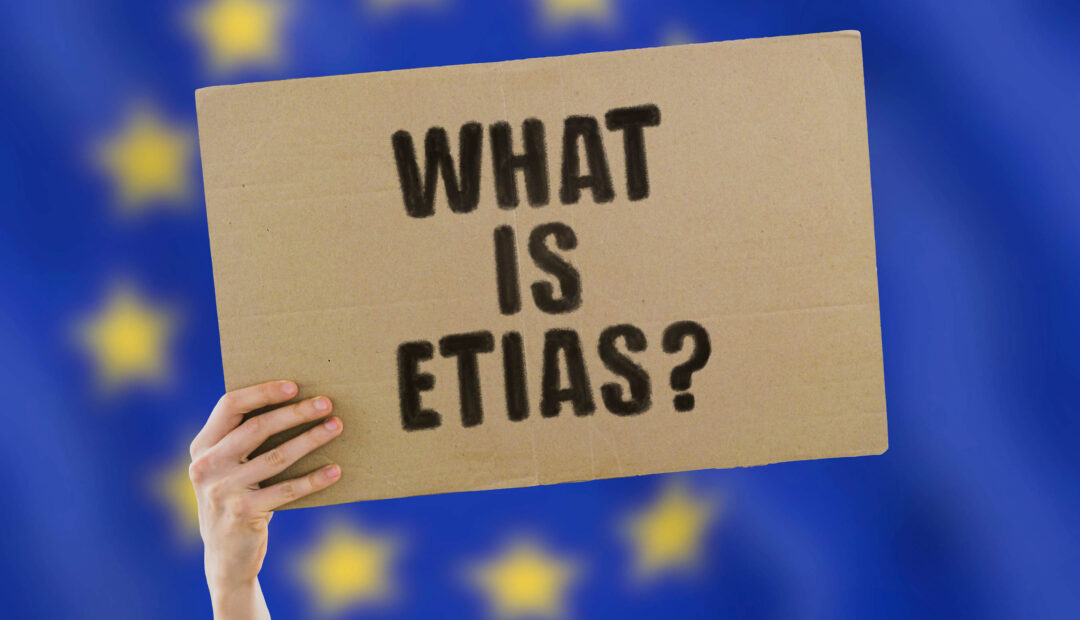Last week, the European Council signed off on a new timeline for the implementation of the European Travel Information and Authorization System, or ETIAS, which is now scheduled to launch mid-2025.
The new travel registration system, ETIAS, would require U.S. travelers hoping to enter the European Union in 2025 to complete an online form registering for their trip and pay a seven euro fee. In recent years, the registration system has announced two official launches of this program. Initially intended to launch in 2020, ETIAS was delayed until 2023, then pushed to 2024, and further delayed to the projected launch date of 2025. According to Afar, the new launch date will follow the launch of Europe’s EES, Entry/Exit System, which is slated for fall 2024.
According to Etias.com, the most recent delay is due to “unforeseen issues and Olympic complications.” The summer Olympics are scheduled for July 26 through Aug. 11, 2024 in Paris, France, presumably drawing a great number of spectators, athletes, coaches and media to Europe, complicating the implementation of ETIAS.
Though many countries require visas for entry and temporary residence, ETIAS is not a visa but a travel authorization. It can be completed online in around 10 minutes. To apply, a valid passport, email, and debit or credit card are required. Applicants under the age of 18 or over the age of 70 will not have to pay the seven-euro fee. The authorization is intended to keep track of visa-free visitors and create strong cross-border security.
ETIAS is not to be confused with the longstanding Schengen Visa, which allows passport-holding travelers to stay within the Schengen Area (a large portion of European countries), for up to 90 days out of 180 days. Those who overstay their welcome within the boundaries of this visa can be banned temporarily or permanently from the Schengen Area. Though U.S. travelers are not required to obtain a physical visa, the 90 day rule still applies in Schengen-designated countries. Even after applying for ETIAS permissions, U.S. travelers must still comply with Schengen Visa rules.


